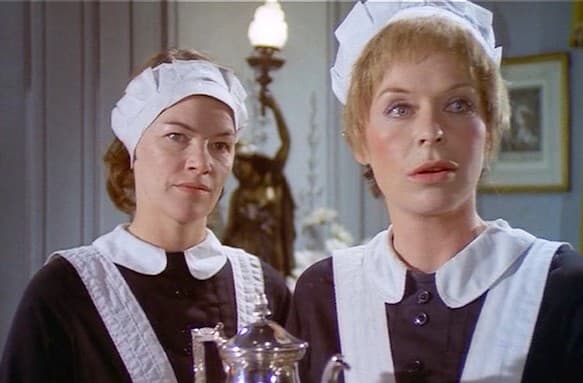
A Tale of Two Harvards
By THE NEW YORK SUN
|No one will be happy about all of the programming in this festival focusing on the British actress, but everyone is bound to find something they love.

Already have a subscription? Sign in to continue reading

By THE NEW YORK SUN
|
By BENNY AVNI
|
By GEORGE WILLIS
|$0.01/day for 60 days
Cancel anytime
By continuing you agree to our Privacy Policy and Terms of Service.